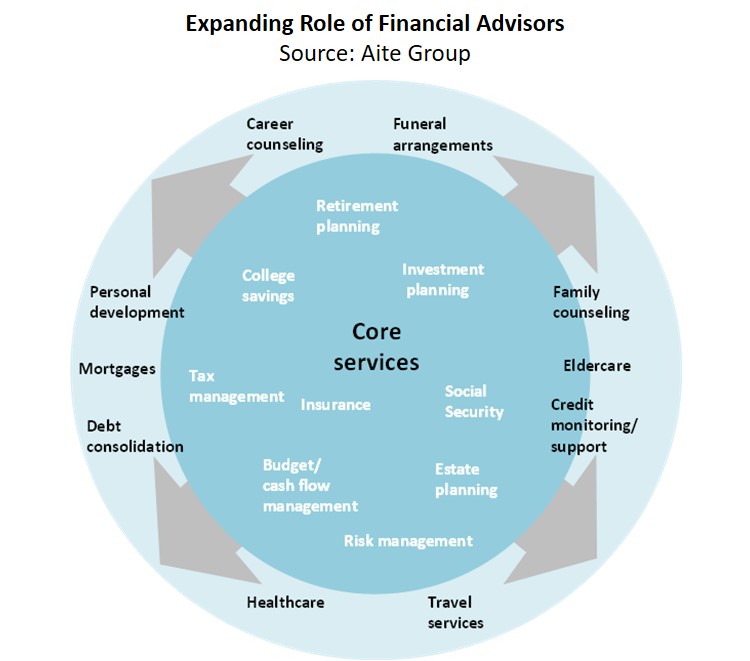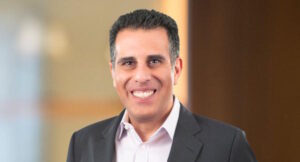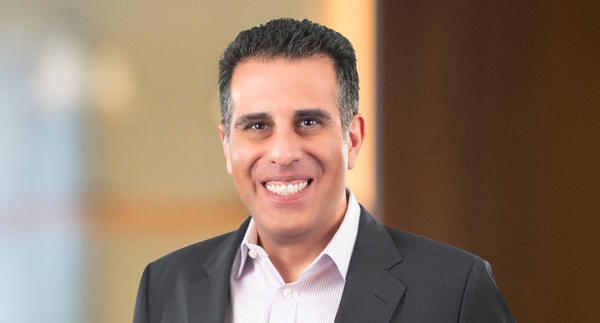Boston, May 13, 2020 – Financial advisor compensation is the single largest line item of a global wealth manager’s or private bank’s overall operating expenses—and for good reason. To recruit and retain the best, these organizations need to remunerate their financial advisors fairly for the expanding scope of services they are mandated to undertake. It is one of the most scrutinized topics by firms’ executive management committees as firms seek to drive certain financial advisor behavior, keep operating expenses low, and scale in an environment of shrinking margins and increasing risk.

This report analyzes and crystallizes the drivers affecting global compensation models, surveys different compensation models up and down the wealth spectrum, and illustrates how digital is bifurcating the financial advisor landscape. Based on a 2019 Aite Group online survey of 400 U.S. financial advisors as well as qualitative phone and in-person interviews conducted during the second half of 2019 with business leaders at 46 wealth management firms across the Americas, Europe, and the Asia-Pacific, it highlights measures certain firms are undertaking to structure attractive and profitable advisor compensation models that align with their long-term goals.
This 34-page Impact Report contains 13 figures and four tables. Clients of Aite Group’s Wealth Management service can download this report, the corresponding charts, and the Executive Impact Deck.
This report mentions Ameriprise, Atria Wealth Services, Australian Royal Commission, Cetera Advisors, CFP Board, Chase Investment Services, Commonwealth, Dynasty, Edward Jones, European Securities and Markets Authority, Hightower, LPL Financial, Merrill Lynch, Morgan Stanley, Oppenheimer & Co., Private Advisor Group, Raymond James, RBC Wealth Management, Stifel Nicolaus, UBS, U.S. Department of Labor, U.S. Securities and Exchange Commission, and Wells Fargo.
About the Author

Wally Okby
Wally Okby is a Strategic Advisor for Datos Insights’ Wealth Management practice. He is a thought leader and trusted advisor to leading global clients across North America and EMEA, including alternative investment stakeholders, global private banks and wealth managers, portfolio management and reporting vendors, core private banking technology providers, ESG rating agencies and specialized data providers, and socially responsible investment...
